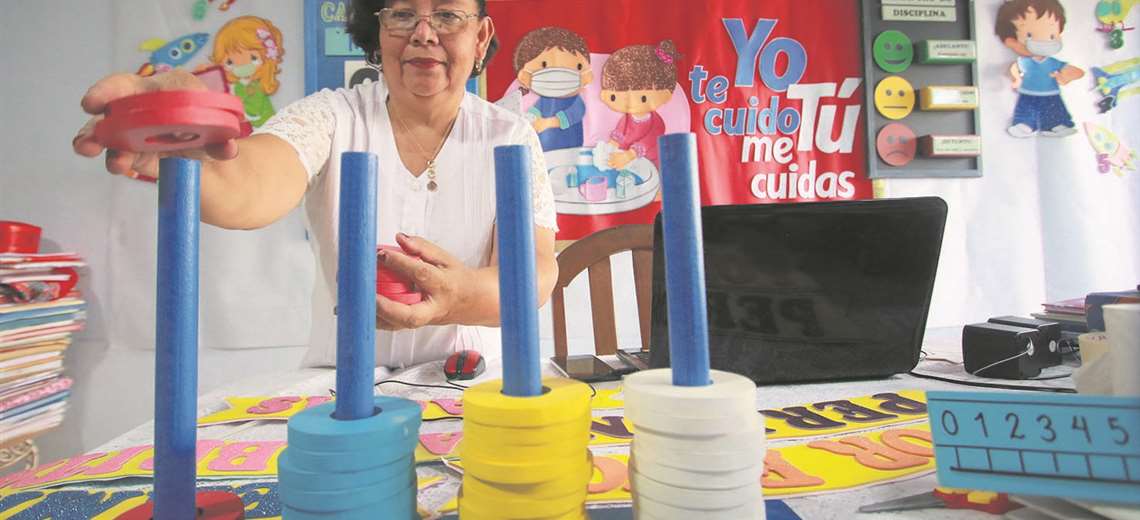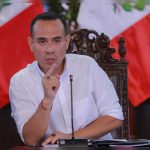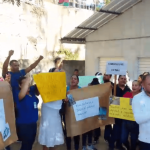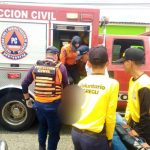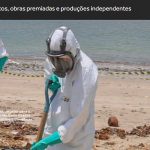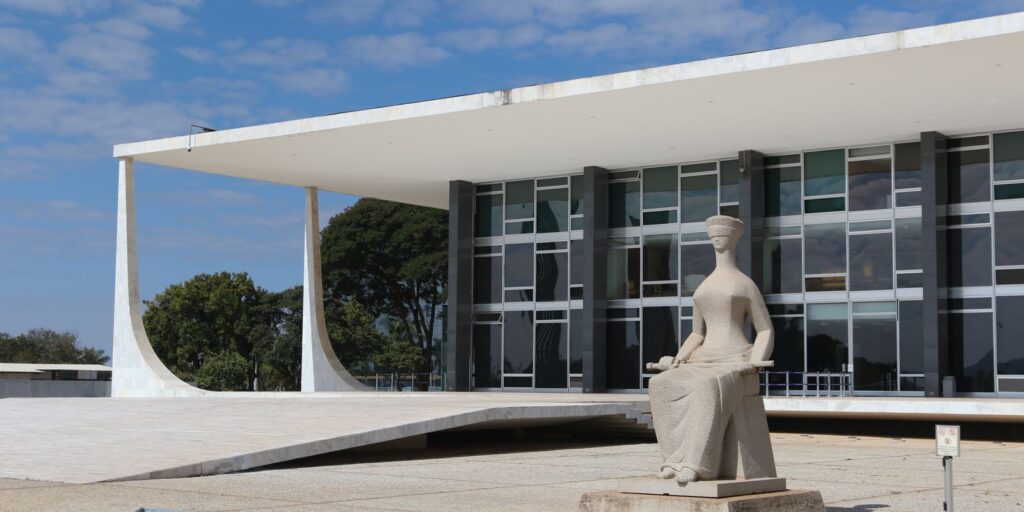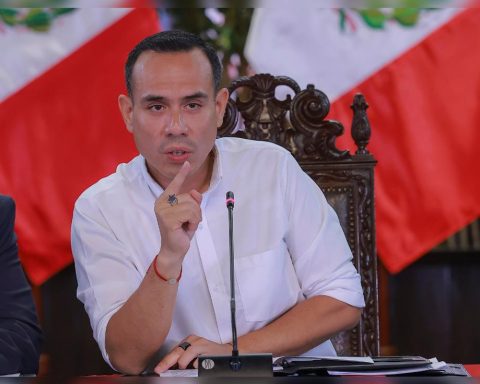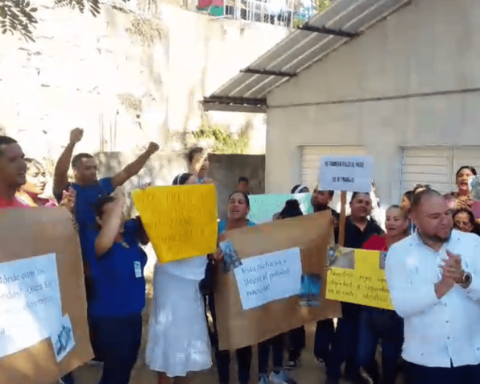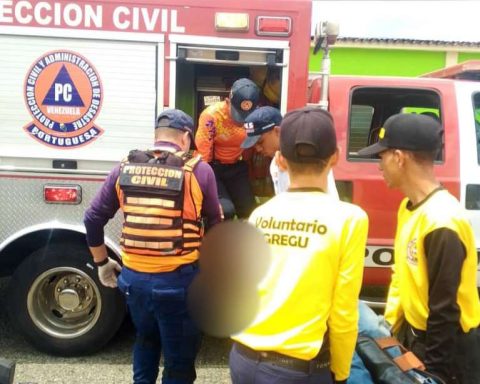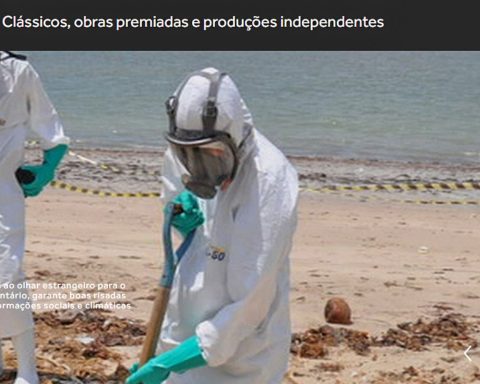The 2022 school year starts contemplating the first three weeks of educational work for the review of content from last year and then the advancement of new content will be given.
“From this Tuesday (today) until January 20 we will have a process of deepening knowledge that our teachers will develop according to the needs of thes students on important topics to be able to enter the new grade”, said the Minister of Education, Edgar Pary.
The Vice Minister of Education, Bartolomé Puma, confirmed that it was determined to apply a leveling period in the face of the lag who have left the last two years of distance educationfor the coronavirus pandemic.
“There should be that support for our students, seeing that we have shortcomings in reading, writing and logical reasoning,” emphasized Puma.
The pedagogue Alberto Santelices considers this time insufficient, because he believes that there must be a real evaluation of the shortcomings that students have and value the time they spend each level of education needs.
The educator considers that the children of the initial level and of the The first grades of primary school are the ones that need the most reinforcement and he believes that it should be at least one month.
“In education we have regressed and the most harmed were the pre-kindergarten and primary school children, because the child needs a social environment to learn,” Santelices stressed.
Precisely this week, Unicef appealed to governments to make the necessary efforts to open schoolss, in order to “avoid an educational catastrophe and get children to learn again.”
In this framework, it estimates that the total or partial closure of schools is affecting 616 million children in the world. “We need to take bold action so that all children can go back to school. This includes launching a comprehensive support focused especially on children marginalized in each community, including remedial classes, mental health and nutrition support, protection and other key services,” says Unicef.
Along these same lines, a World Bank report warns that the pandemic has generated an unprecedented crisis in Latin America and the Caribbean that requires action to mitigate and reverse its effects.
According to this report, due to the massive closure of schools, February 2021, around 120 million children ofschool children had missed or were at risk of missing a full face-to-face year of the school calendar, with serious educational impacts.
Another negative effect is “learning poverty”, defined as the percentage of 10-year-old children unable to read and understand a simple story, could have grown from 51% to 62.5%. This could equate to an additional 7.6 millionis of boys and girls in primary education who are “learning poor” in the region.
“This is the worst educational crisis ever seen in the region and we are concerned that it could have serious and lasting consequences for an entire generation, especially among the most vulnerable sectors. vulnerable”, Carlos Felipe Jaramillo has been warning, Vice President of the World Bank for Latin America and the Caribbean.
The World Bank report noted that at the regional level, in 2021 less than 43% of primary schools and less than 62% of secondary schools had access to the internet for pedagogical purposes.
Added to these negative impacts is the possibility that school dropouts will increase by at least 15% due to the pandemic.
The executive of the urban teachers, Osmar Cabrera, indicated that technological difficulties led to the 2021 administration closing with a 30% dropout rate due to the fact that many students dropped out of school.
This is the highest rate in recent years because before the pandemic, school dropouts did not even reach 5%, according to Cabrera.
The educator Santelices believes that this percentage may be higher, but that figure has to be officially disclosed by the authorities.
To correct the shortcomings in virtual classes, Vice Minister Puma said that some strategies have been sought for students without devices. In this sense, last year the teachers went to the classrooms to work with this group. “At the same time, through their cell phones, the teacher worked with the students who were at home,” explained Puma.
The route is the face-to-face
Minister Pary stressed that the path is for face-to-face education to be normalized soon. “The report provided by the Ministry of Health or the Headquarters will tell us when to start clface-to-face aces, it will depend on that, we hope it will be Soon, our wish is for face-to-face education to be normalized,” the authority stressed.
For this, he asked the municipal authorities to put the schools in conditions, with the arrangement of infrastructure and the provision of biosafety materials.
But he also said that it is important to advance in anti-Covid vaccination coverage in minors. “If we are talking about attendance, it means that we are going to have aglomerations in educational units, therefore we need our children and young people to be vaccinated. There are vaccines available and we ask parents to take their children to have them vaccinated because this is a responsibility of the father and mother to preserve the health of their children, ”she said.
He asked the teachers who have not received the dose, to do so to set an example for the student population. “We have a 91% of teachers with first doses and 83% with second doses, we ask that this week they get vaccinated so that everyone let us show as teachers that we are bringing health and education to the classrooms”, he said.
The Minister of Education stressed that the work will begin virtually in the capitals of departments and highly populated localities, where the levels of infections with Covid-19 continue to be high. In the country, there are more than 2.9 million students who start classes in the three modalities.
